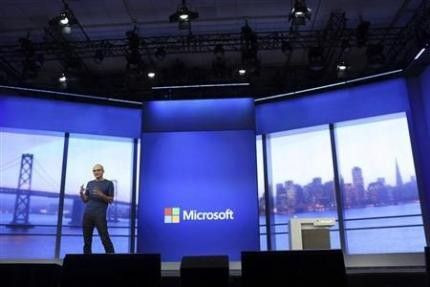China Develops Own Operating System That Will Topple Apple, Microsoft & Google

Spurred by U.S. surveillance and a monopoly probe of Microsoft, China has developed its own operating system (OS) that may be ready for launch in October.
The government-backed, Linux-based operating system will initially be available on desktop devices, Ni Guangnan of the Chinese Academy of Engineering told the People's Post and Telecommunications News. It will then later on be expanded to smartphones and other mobile devices.
The homegrown OS, named China Operating System (COS), is essentially meant to compete with OS X, iOS, Windows, or Android.
Ni said China could very well develop and perfect the program since it has over a dozen mobile OS developers with no independent intellectual property rights because their research is based on Android.
Ni gave the new homegrown operating system one or two years to replace the American software currently being used in the country.
However, he said it will take three or five years to replace the imported mobile operating systems by the OS developed by Chinese programmers.
Security concerns as well as anti-trust violations against Microsoft's Windows 8 in May prompted China to decide developing a domestically built software. Windows 8 is a personal computer operating system developed by Microsoft as part of the Windows NT family of operating systems. It will however be soon replaced by Windows 9 at the end of September.
China had also hinted in March 2013 that Google is exercising too much control over the country's smartphone industry through its Android mobile operating system.
The Linux-based COS was reportedly developed along with Taiwan based HTC. The Linux program would enable application developers to create applications that are far and widely compatible.
The COS to dent sales in Microsoft as China is its biggest software buyers in the world.
Ni admitted there are still problems in the program. These include a lack of research funds as well as too many developers going in different directions. He strongly believed, however, the development effectively opened the door to domestic OS developers.
"Our key to success lies in an environment that can help us compete with Google, Apple and Microsoft," said Ni.





















